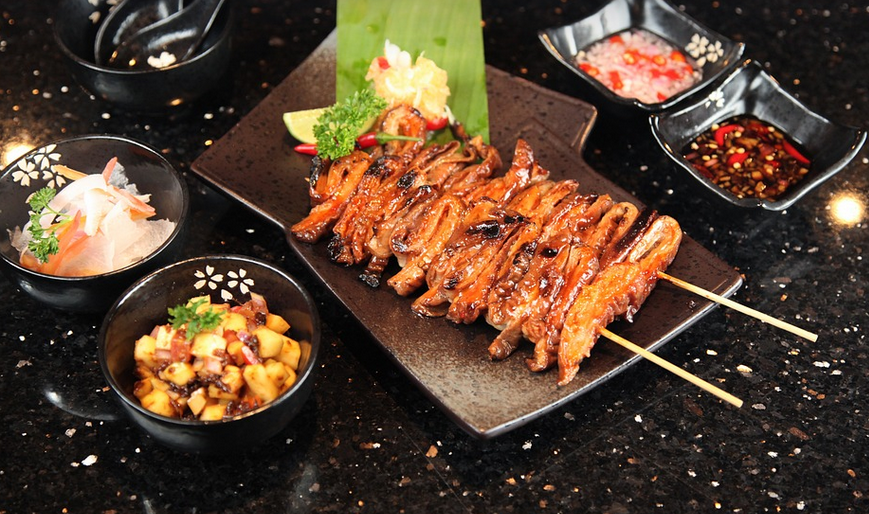What Makes a Phrase ‘Pop’?: A Dive into Connotations and Semantics
Let’s face it, language is a wild ride. Words whirl around us, some smooth sailing on gentle currents, others crashing through storms of unspoken meaning. The “meat” of the word – that phrase we all hear and feel in our gut – is where that emotional energy comes alive.
It’s more than just the dictionary definition; it’s about finding the truth beneath the surface, the core idea that pushes us to go deeper into a conversation.
Picture this: you’re chatting with someone, and they say “tired.” Simple enough, right? But what do they mean? Are they exhausted from work? Overwhelmed by life’s demands? Or maybe just need a nap after a long day. All these nuances are tucked away in the “meat” of that seemingly ordinary word.
It’s not magic, though; it’s about understanding language’s subtle dance of meaning. Think of words like “love,” for example. You can write down its definition – the act of deeply feeling affection or strong attachment to another person – but truly grasp what it means? That’s where the “meat” kicks in.
Words are loaded with emotions, experiences, and even cultural context. Take the phrase “tough love.” Do you instantly picture a stern parent scolding their child? Or maybe something more supportive, a push that steers someone toward a better future? The “meat” of that phrase is where we discover the depth of the word’s implication.
So how do we unlock this hidden world of meaning? It starts with observation. Pay attention to how words are used in different contexts. Notice the shifts in tone, the subtleties in meaning, and the emotional undercurrents that weave through a sentence. It can be as simple as listening to your favorite podcast and noticing the word choice, or watching a movie where one character’s dialogue reveals more than their actions.
This is about digging deeper than the literal definitions. It’s about understanding the unspoken story behind a word. Why does “hungry” feel different from “thirst”? The “meat” of these words isn’t just in the physical act of eating, but in the emotions that come with it – a longing for sustenance and a craving for something more.
Words like “passion,” “courage,” or “determination” don’t just sit there. They are the fuel that drives a story, the spark behind someone’s actions, and the heart of their dreams. They are the essence of who they are: the core of their being.
The world is full of stories waiting to be told, and words are the tools we use to build them. So next time you read or hear a phrase, go beyond the surface definition and explore the “meat” of the word. You’ll find it’s more than just the meaning – it’s about understanding what really makes a statement resonate.
Now, let’s venture into some practical examples to illustrate these concepts.
Take the phrase “life-changer.” What does that even mean? Let’s break down what makes it impactful:
**”Life-changer” as a descriptive phrase:** It implies something profound and significant. This goes beyond just everyday things; instead, there’s an element of transformation or alteration in the individual’s life.
**”Life-changer” as a personal experience:** It might denote a pivotal moment that profoundly impacts who someone is or how they view the world. A sudden realization, a new journey, or a major life event can be described as “life-changing.”
**”Life-changer” as an emotional expression:** This phrase can express feelings of optimism and excitement about newfound possibilities in one’s life.
The essence lies in the feeling of significant change that leaves you with altered perspectives. You see, the “meat” isn’t just in the words themselves but in how we connect them to our own experiences.
We can use this principle across diverse situations:
**In social settings:** We might say something like “This concert was a life-changer!” This implies that it wasn’t just any ordinary concert, but one that left a lasting impression on the speaker. The word choice reveals a profound emotional impact and a new outlook.
** In professional fields:** A manager might say, “I need to make some changes in my team, or this project will be a life-changer!” This implies the potential for significant change – a game-changing initiative that can reshape their entire work environment. The phrase reflects an awareness of high stakes and anticipation for positive impact.
**In personal letters:** We might write “Dear Mom, your words were a life-changer. Thank you for always believing in me.” This conveys a deep sense of gratitude, the influence of mom’s words on the speaker’s trajectory being immense.
The “meat” is about understanding how words create meaning and impact our perspective.
So, the next time you encounter a particularly evocative phrase – whether it’s a casual remark, a profound statement, or a passionate declaration – take a moment to dissect its deeper meaning. Explore the nuances of the word choice and discover the hidden layer of emotion that makes it so impactful. You’ll be surprised by what you find.
After all, language is more than just words on a page; it’s about weaving together stories, emotions, and experiences to create something truly powerful and meaningful.




